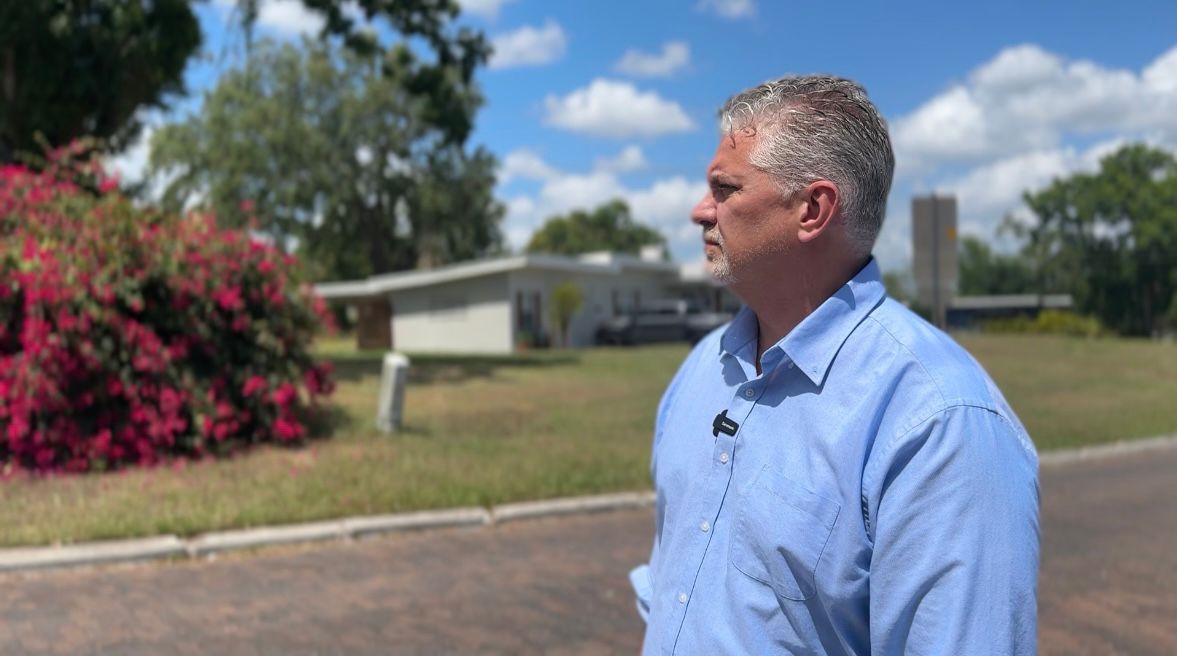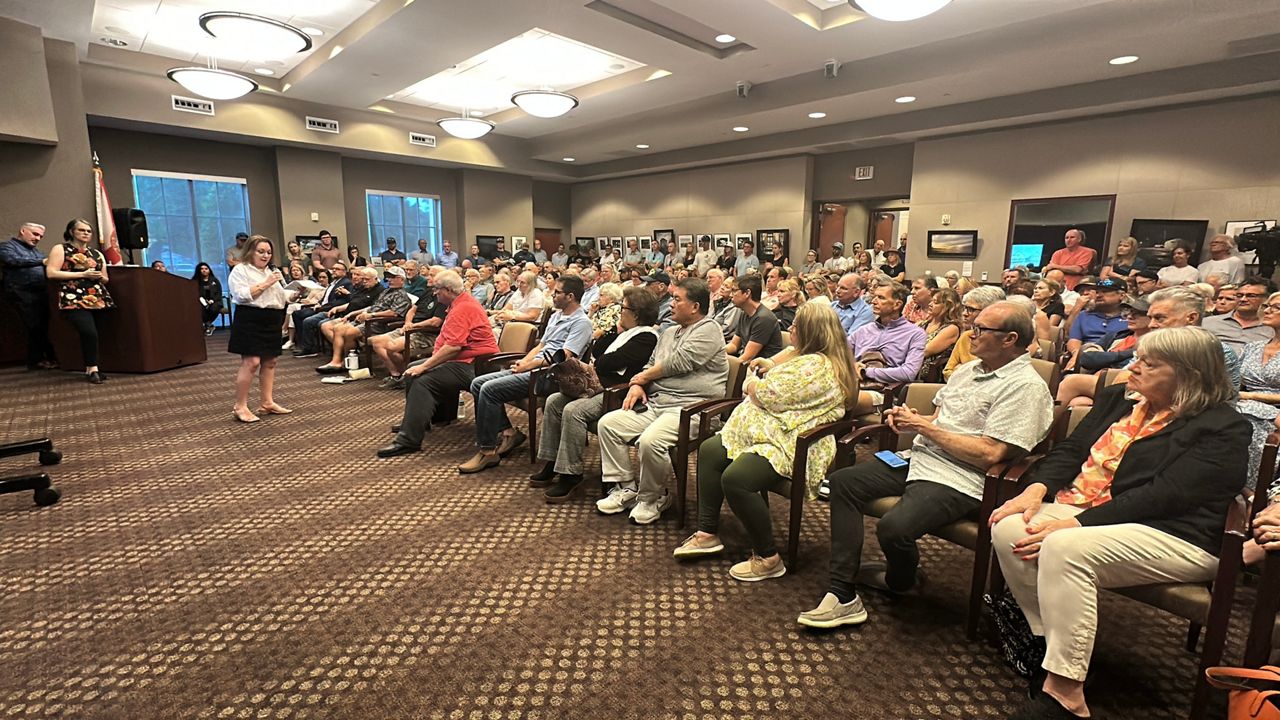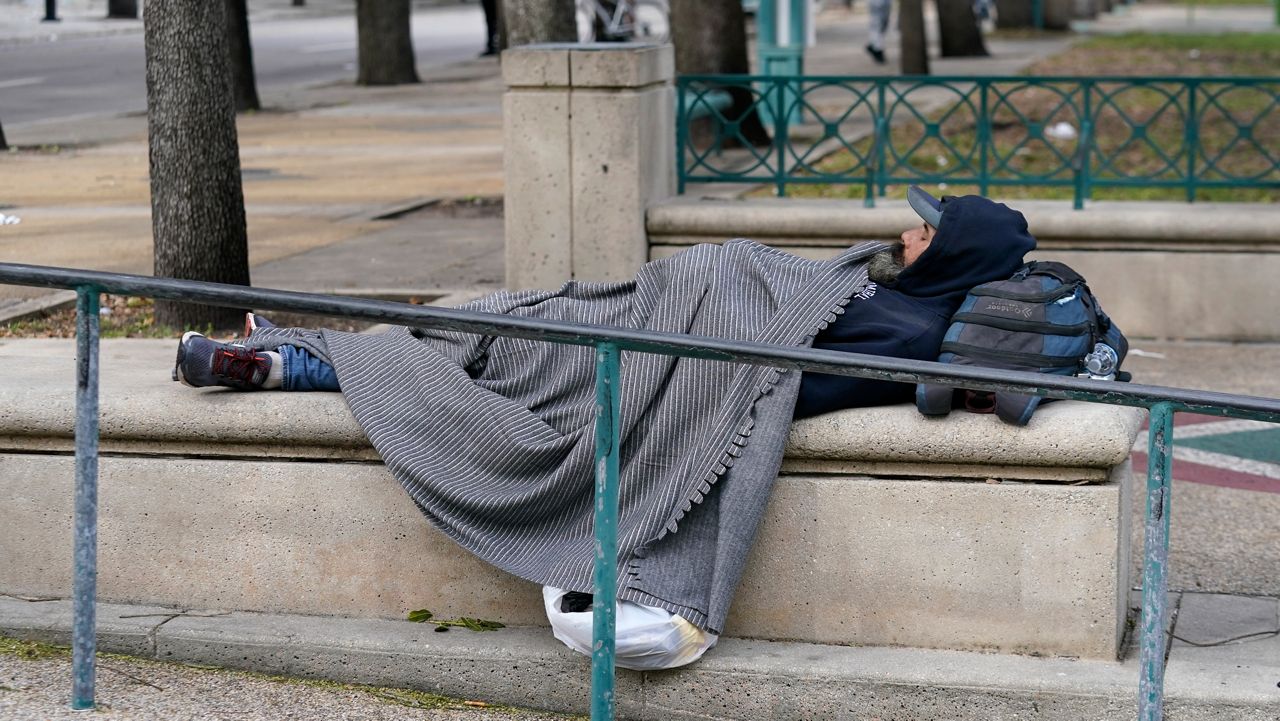ORLANDO, Fla. — While there are many challenges people face while trying to achieve homeownership, there is some good news when it comes to denial rates. Year over year, denial rates are dropping for loan applicants in the Orlando metro area.
Lenders denied 25% of Black applicants in 2018.That fell to 21% in 2019 and 18% in 2020.
This data shows a trend in the right direction — especially for hard-working Central Floridians who have managed to reach their American Dream. And their stories are inspiring.
What You Need To Know
- Spectrum News 13's exclusive analysis of home loan data reveals denial rates are dropping for loan applicants in the Orlando metro area.
- From 2018 to 2020, denials dropped 7% for Black home loan applicants, compared to 5% Hispanic and Latino, 4% among Asians and 3% among Whites.
- Understanding the problem: Minorities still encounter obstacles on their path to the American Dream
- Facing the Hard Facts: As families struggle to achieve homeownership, data prove the disparities
- Explaining the methodology behind the data
- Resources for achieving homeownership
John Henry, a local barber who believes putting in the hard work to build up your financial literacy — and following the rules — are the keys to unlocking the door to your first home. While he highly his home, you can find Henry on most days at his barbershop, J Henry’s in Parramore cutting the hair of his most faithful clients.
It's a business and a passion that's been going strong for 30 years.
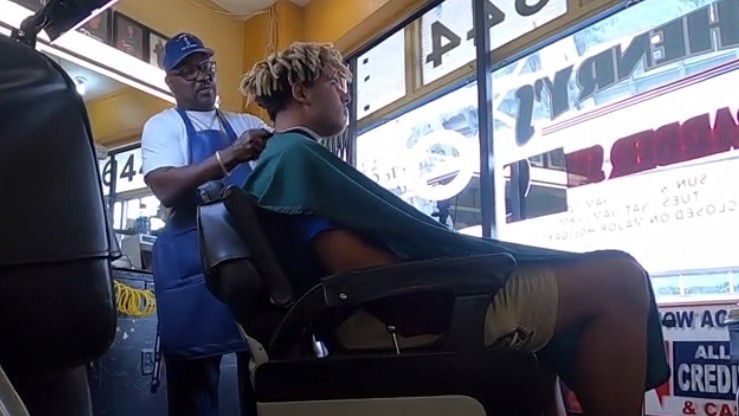
Henry took over the shop in 1994, around the same time his journey to home ownership began. Fast forward a couple decades, and he's no stranger to the process.
“I just moved in my new house, and I’m humbled and grateful to say this January 22nd of this year … So, I’ve lived it, and this our third home in the last 18 years we’ve been together,” Henry said, explaining that his wife kept them both financially on track to qualify for each of the homes they purchased.
He says to anyone looking to buy a home — meeting the requirements is most important.
“That’s very important to me. That’s one thing we had to do, and we’ve done that. And you erase all doubt. When it is time for you to get that home, you can move forward. Well, you should move forward.”
A lot of Black people like John and his wife are in fact moving forward in the home-buying process. Spectrum News 13's exclusive data analysis shows a 7% decrease in Black home loan denial rates from 2018 to 2020 compared to 5% decreases among Hispanics, 4 % among Asians and 3% among Whites.
It's a positive trend toward closing the gap for minorities, but overall, a disparity still exists.
John Henry believes education is the best way to help level the playing field for people of color.
“When you got someone behind the scenes working at the banks, working at the lending companies, lending you the money, exposing you to programs and telling you about discounts, finances, finances that can help you with the closing costs, with the down payment assistance,” Henry said.
Down payment assisted helped Tamara Frazier purchase her own home.
“I moved into this home in December 2019, and now I’ve been here for almost two years,” she said.
In that time she created quite the space for herself and her dog, Koda
“Being able to come home to a home, like being able to make it my own,” Frazier said of what makes owning a home worth the effort it takes to achieve. With help from the city of Orlando's Community Redevelopment Agency grants, Frazier was able to qualify for down payment assistance, making the dream of homeownership — a dream she's had since her early 20s — a reality.
But Frazier knows her reality remains out of reach for many others, and she blames a lack of financial literacy.
“I think it stems, too, from just not having the same opportunities to learn about housing or, like, financial security or things of that sort, where we start at like a lower level when it comes to home ownership,” she said.
Fortunately for Frazier, she has family who supported her along the way and equipped her with knowledge about the home-buying process, but she says she still believes there are obvious reasons for disparities that should in fact be taken out of the equation when it comes to getting a home loan.
“Removing those inequalities like you said, gender or race being something that deters somebody from getting a house, is a start,” Frazier said.
More people like Tamara Frazier are now applying for home loans. The data shows overall applications jumped significantly from 2019 to 2020. That means, despite the pandemic, more people feel ready to buy a home. But with inflated housing prices across the Orlando area, many people feel homeownership is even further out of reach.
The median home price is now almost $320,000. That means if you can save up the 20% down payment, you’d still be paying about $1,700 to $1,800 dollars a month for your mortgage.
Factor in the area's median family income — $70,000, according to the U.S. Census — and average bills, Fannie Mae’s home buying calculator wouldn’t recommend spending much more than $300,000.
So, the average family can’t afford Orlando’s average home prices.
Local developer, Robert Vazquez is looking to provide lower cost options.
“It’s going to be the nicest project in the area in terms of housing. This should be a catalyst for what should be going on in the community,” Robert Vazquez said of his passion projects. He's currently building affordable homes in the Parramore community, an area that feels familiar to the South Florida community where he grew up.
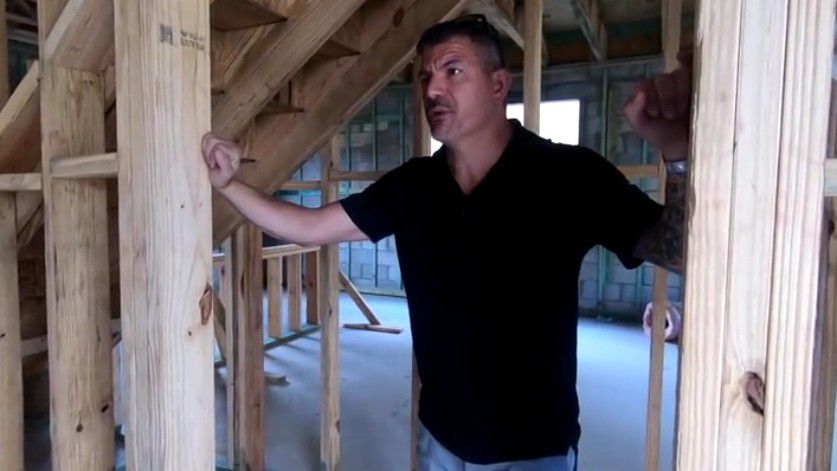
“In growing up you hear the old, you know, 'ah American dream' of purchasing a home and having a white picket fence, something I didn’t see being in my life as a youth,” Vazquez said.
Those found memories of struggles from his childhood motivate him to keep building.
“My driving factor is — I was a poor kid living in an apartment complex, wishing I had a house,” said Vazquez, who now has a number of houses and properties he and his team are getting ready to sell at an affordable rate for families looking to move into the area.
His development is one of several in the Parramore community — Vazquez says these projects are a step in the right direction, helping people eager to achieve home ownership do so without a strain on their wallet.
“We make sure that if a person’s mortgage payment is significantly lower than the average rent, then we are achieving our goal of providing affordable housing.”
Bryan Young knows what it takes to achieve homeownership and build successful businesses.
“I built two different multi-million dollar companies before I was 21-22,” he said.
But that success didn’t come without adversity.
Young says during the 2008 housing crisis, he nearly lost a home he purchased for his mother.
“If someone had the level of success that I had could do that same mistake, then imagine people that aren’t at that same level of success or aren’t making that same level of money,” Young said.
It was that setback which sparked Home Lending Pay, Young's online resource to educate homebuyers and provide a fair shot at getting a home loan.
“They don’t know your age, they don’t know your sex, they don’t know your race. And so if everyone looks the same, it makes it fairer for everyone to be treated equally,” he said.
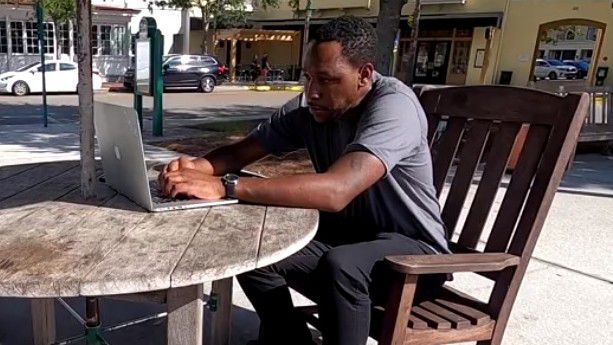
Young is hoping to level the playing field by eliminating the potential for homebuyer discrimination. Home Lending Pal is free for homebuyers. Young hopes to use the resources to close disparity gaps for minority homeownership — a first step in what he says is correcting a decades old problem.
“The true problem is the system wasn’t built for us. There is systemic change that needs to be created to allow everyone to have an equal opportunity at becoming a homeowner,” Young said.
That includes ensuring equal opportunities for people in minority communities to build wealth. According to a 2019 Federal Reserve survey, the typical white family in the United States has eight times the net worth of the typical Black family and five times the net worth of the typical Hispanic family.
But Young says changes to fair housing practices in the United States still need to happen. Until that systemic change happens, he is offering up Home Lending Pal as a solution to a bigger problem that he says has hindered minorities from achieving the "American Dream" of owning a home.
“This is a problem that, you know, minorities and marginalized groups want to address. You know, we can’t continue to have people who don’t look like us build solutions or tell us what we want. We have to give a voice to the people and allow those people to justify why they want to move forward, Young said.
John Henry — back at his little slice of paradise, his home, after a day at his barbership — says he’s still feels humble. Reflecting on the past, when he lived with his parents in the Washington Shores community ...
“Ivey Lane projects — This is where I grew up on the West side of Orlando,” Henry said.
That was before his first home, before his second, and now his third. Henry says he has pushed through adversities and challenges, and he wants others to let each experience throughout the home-buying process become a driving force to succeed.
“Our experiences in the past brought us to this moment. Every process is different, but it’s a rewarding process, and its experience that keeps you going forward. Don’t give up,” Henry said.
And there are reasons to be optimistic about the possibility for change. U.S. Housing and Urban Development sent this statement to Spectrum News:
“From day one, the Biden-Harris Administration has taken historic steps to advance racial equity, including protecting and expanding access to housing. Ensuring and promoting Fair Housing practices lies at the core of HUD’s mission and HUD will work each day to ensure that every person has access to quality housing, regardless of their race, color, national origin, religion, sex, disability, familial status, or sexual orientation and gender identity."
Fannie Mae made a change to the way it evaluates an applicant’s credit. As of September, lenders can now look at and include your history of timely rental payments when they’re evaluating your credit score.
It’s a huge change that could help pave the way to homeownership for the thousands of Americans without a credit history.






